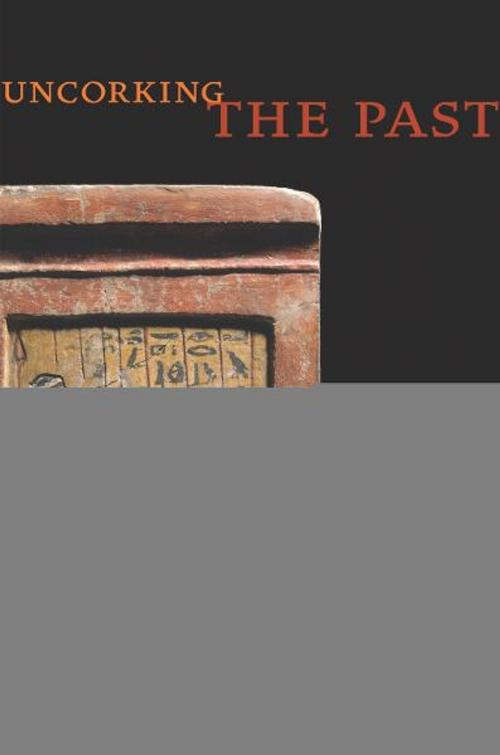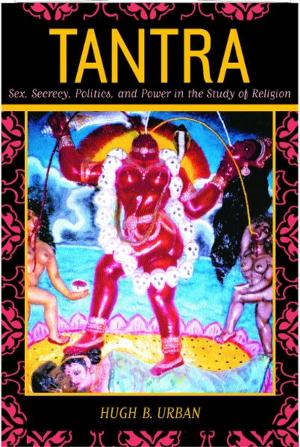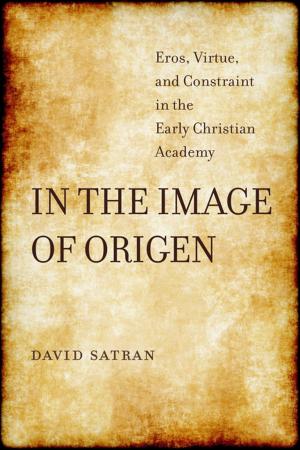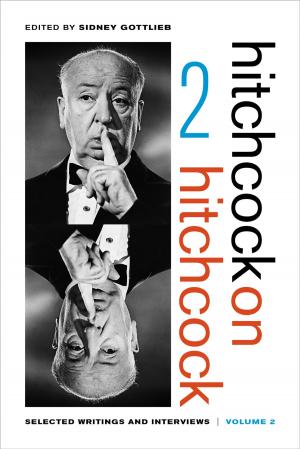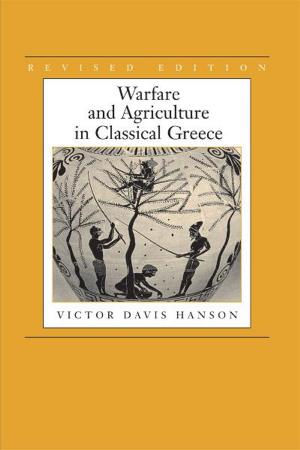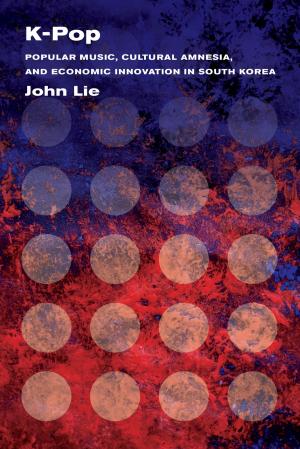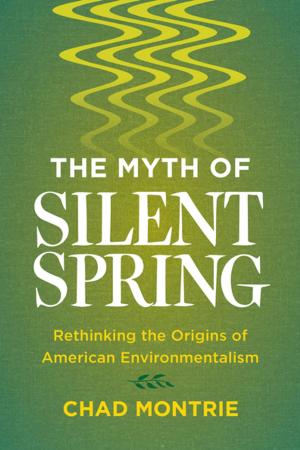Uncorking the Past
The Quest for Wine, Beer, and Other Alcoholic Beverages
Nonfiction, Social & Cultural Studies, Social Science, Archaeology, Food & Drink, Beverages, Wine & Spirits, History, World History| Author: | Patrick E. McGovern | ISBN: | 9780520944688 |
| Publisher: | University of California Press | Publication: | October 30, 2009 |
| Imprint: | University of California Press | Language: | English |
| Author: | Patrick E. McGovern |
| ISBN: | 9780520944688 |
| Publisher: | University of California Press |
| Publication: | October 30, 2009 |
| Imprint: | University of California Press |
| Language: | English |
In a lively tour around the world and through the millennia, Uncorking the Past tells the compelling story of humanity's ingenious, intoxicating quest for the perfect drink. Following a tantalizing trail of archaeological, chemical, artistic, and textual clues, Patrick E. McGovern, the leading authority on ancient alcoholic beverages, brings us up to date on what we now know about how humans created and enjoyed fermented beverages across cultures. Along the way, he explores a provocative hypothesis about the integral role such libations have played in human evolution. We discover, for example, that the cereal staples of the modern world were probably domesticated for their potential in making quantities of alcoholic beverages. These include the delectable rice wines of China and Japan, the corn beers of the Americas, and the millet and sorghum drinks of Africa. Humans also learned how to make mead from honey and wine from exotic fruits of all kinds-even from the sweet pulp of the cacao (chocolate) fruit in the New World. The perfect drink, it turns out-whether it be mind-altering, medicinal, a religious symbol, a social lubricant, or artistic inspiration-has not only been a profound force in history, but may be fundamental to the human condition itself.
In a lively tour around the world and through the millennia, Uncorking the Past tells the compelling story of humanity's ingenious, intoxicating quest for the perfect drink. Following a tantalizing trail of archaeological, chemical, artistic, and textual clues, Patrick E. McGovern, the leading authority on ancient alcoholic beverages, brings us up to date on what we now know about how humans created and enjoyed fermented beverages across cultures. Along the way, he explores a provocative hypothesis about the integral role such libations have played in human evolution. We discover, for example, that the cereal staples of the modern world were probably domesticated for their potential in making quantities of alcoholic beverages. These include the delectable rice wines of China and Japan, the corn beers of the Americas, and the millet and sorghum drinks of Africa. Humans also learned how to make mead from honey and wine from exotic fruits of all kinds-even from the sweet pulp of the cacao (chocolate) fruit in the New World. The perfect drink, it turns out-whether it be mind-altering, medicinal, a religious symbol, a social lubricant, or artistic inspiration-has not only been a profound force in history, but may be fundamental to the human condition itself.
